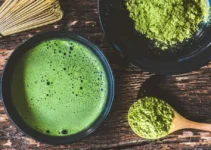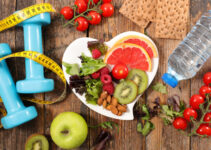For couples hoping to have a baby, increasing fertility is critical. If you have trouble conceiving, medical procedures, such as in vitro fertilization (IVF) and intrauterine insemination (IUI), may help. Still, there are also many ways to increase your fertility naturally. From eating healthy to starting an exercise regimen and taking supplements, these healthy habits and natural fertility boosters will help you improve your fertility and, therefore, your chance of having a baby!
Natural Fertility Boosters & Tips
1. Eat Well
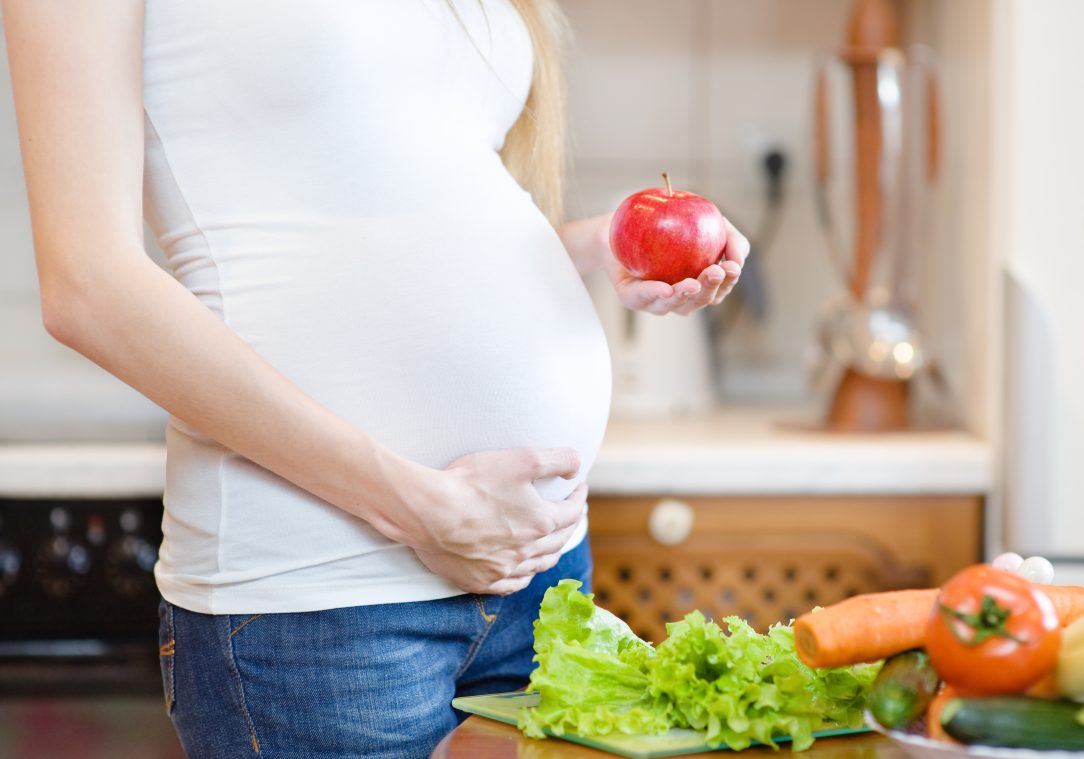
Source: timesofindia.indiatimes.com
The good news for women trying to get pregnant is that if you eat healthy already, you won’t need to make any changes to increase your fertility! Eating enough fruits, veggies, complex carbs, and lean proteins will help you get all the nutrients and vitamins you need for optimal health. Women who take care of their bodies by eating well are more likely to get pregnant than those who regularly eat overly-processed foods. These processed foods often contain artificial hormones, preservatives, or pesticides, which can negatively affect fertility.
Eating healthy meals will help increase your chances of conceiving, but the following nutrients are some of the most important:
- Folic acid – Folic acid is in many prenatal vitamins. This supplement has been proven to reduce a baby’s risk of developing neural-tube congenital disabilities and increase fertility. If you’re planning on conceiving, doctors recommend getting 400-800mcg of folic acid a day (leafy greens, citrus, beans, and whole grain rice naturally have folic acid)
- Zinc – Zinc deficiencies impact male and female fertility, and taking just 15mg of this powerful supplement a day can help enhance your chances of getting pregnant. Zinc is many veggies, eggs, whole grains, beans, and more.
- Vitamin B6 – Vitamin B6 may increase the production of female sex hormones, including estrogen and progesterone. These hormones are the ones that will help you get pregnant! You can find B6 in eggs, salmon, bananas, and some nuts.
- Vitamin C – We’ve all heard of vitamin C helps boost our immune systems, but it also may help trigger ovulation for women and increase sperm count for men! So grab an orange, grapefruit, or a handful of blueberries to enjoy this superfood.
- Vitamin E – Vitamin E can help enhance women’s hormone functions, which help with ovulation and fertility and may also increase a man’s sperm count.
2. Weight Management
About 12 percent of all infertility cases are the result of being under- or overweight, according to the American Society of Reproductive Medicine (ASRM), so it follows that keeping your weight within the recommended levels can boost your odds of reproductive success.
Women with a body mass index (BMI) of 18.4 or less might stop making the hormone estrogen, which can cause irregular menstrual cycles and hamper ovulation (i.e., the release of an egg from the ovary). However, being overweight or obese (with a BMI of 25 or higher) could also cause your body to make more estrogen, which can interfere with your period and prevent you from ovulating.
Weight gain is also one symptom of polycystic ovary syndrome (PCOS), a condition that affects about 1 in 10 women in their reproductive years and can interfere with fertility. This page can help you know everything about parenting.
3. Exercise

Source: everydayhealth.com
Like eating healthy, exercising regularly will help keep your body in tip-top shape to grow a baby. Aside from the many other issues being overweight can cause, excess body fat can trigger your body to overproduce hormones that disrupt ovulation. But being underweight is also dangerous and can make it harder to get pregnant. Pursue an ideal body weight by exercising regularly.
Doctors recommend getting at least 30 minutes of exercise 3-4 times a week and combining cardio and weight training. Cardio will help you slim down and improve your heart health while lifting weights will help you gain muscle mass and lose fat.
4. Limit Alcohol Consumption
Alcohol is tough on anyone’s body, but it can be especially detrimental for women wanting to get pregnant. It alters estrogen levels, and because estrogen is one of the hormones responsible for egg implantation, it can lead to a decreased ability to get pregnant. The occasional glass of wine here and there won’t ruin your chances of getting pregnant, but it may be something to avoid for people looking to start or grow their families.
5. Cut Out the Coffee
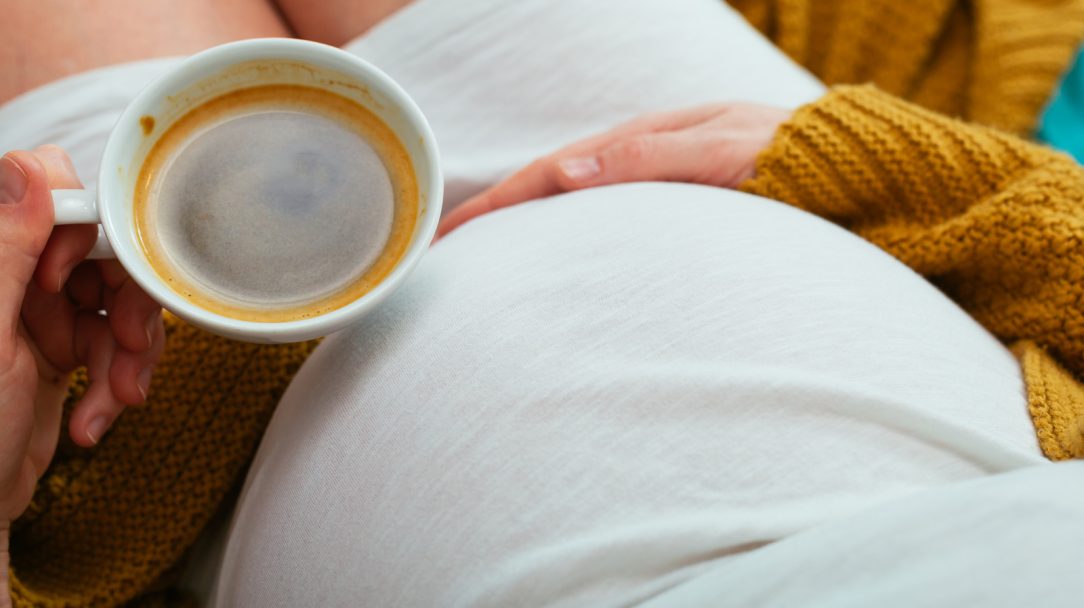
Source: healthdigest.com
In addition to alcohol, caffeine can also negatively affect your fertility. Not only does it also alter your hormone levels, but it may also make getting pregnant take longer. Any more than 200 mg (or about 2 cups of coffee) could halt your baby-making progress!
6. Stop Smoking
It should be no surprise that smoking doesn’t favor your fertility. This dangerous habit can damage your eggs, interfere with fertilization and implantation, and even age your ovaries! Studies show that smoking can lead to premature aging of the ovaries and early menopause.
7. Track Your Fertility
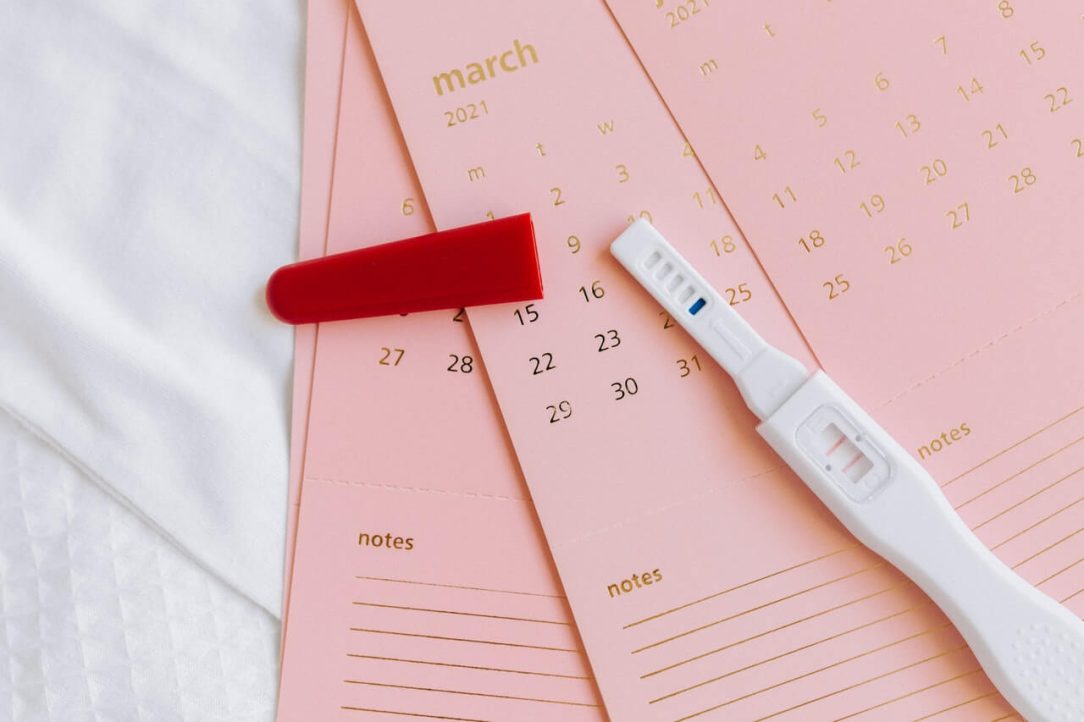
Source: fertilityfoundation.org
There are many ways to track your fertility, and knowing your ovulation schedule can be one of the best ways to get pregnant naturally. A regular menstrual cycle occurs every 28-32 days, and ovulation occurs between the 8th and 18th day of a woman’s cycle. For example, with a 28-day cycle, ovulation will occur between the 11th and 21st days of that cycle. People have been using natural family planning to get pregnant (or avoid pregnancies) forever.
Once you know your most fertile days, or when you’re most likely to ovulate, it’s time to get it on! Coordinating your sex schedule with your ovulation schedule can help increase your chances of getting pregnant. Sperm can live for 2-5 days after intercourse, so plan your romantic nights around the above dates for the highest chance of success.
Bottom Line
Trying for a baby is an exciting time, and these tips and tricks will help you increase your fertility naturally. Living a healthy lifestyle, giving up alcohol and caffeine, and tracking your ovulation schedule may help increase your chances of conception.


